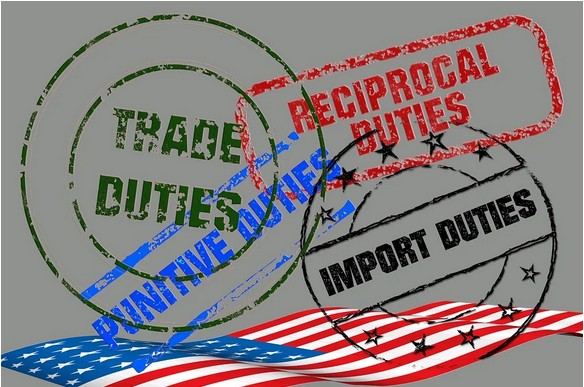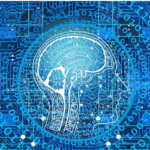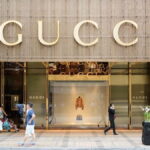Regarding tariffs, the president has signaled a slight easing of his approach particularly with regards to China, after hearing from business leaders and traders who are reacting to current economic conditions.
Business Leaders Are Worried About Addiction to Trump Tariff
The president heard directly from the leads of many of the nation’ s largest retail corporations including Walmart, Target and Home Depot, who expressed their fears there at what economic impact his tariff and trade plays may play on their companies on Monday. The business leaders cautioned that these kinds of policies, namely Trump’s tariffs, threaten to upend supply chains, drive up consumer prices and lead to goods shortages on store shelves — a situation that reverberates across the economy. The CEOs specifically mentioned empty shelves, the administration official who spoke to the group characterized it as impacting food ultimately but “it would trickle down to broader effects, Winston said.” One official familiar with the meeting said the turmoil from Trump’s tariffs would start to “be seen in two weeks” and raise short-term market uncertainty.
Trumpism and Tariff : The economic and trade policies towards China market reaction
Simultaneously, the financial markets fell into an economic recession with stocks, bonds, and the dollar all taking losses. This was blamed on investor fears about President Trump’s threats to oust the chair of the Federal Reserve, Jerome Powell, and his seeming violation of the separation of powers, on top of the prior worries about the economy related to trade with China and Trump’s tariffs. Part of this economic angst drew upon the extremist tariff policies Trump pursued in the course of trade with China.
Trump Administration Softens Position on Tariff And Fed as China Trade Talks Resume
President Trump and his administration seemed to find a new nuance on tariffs and economic policy this Tuesday. From Treasury Secretary Scott Bessent, the Press Secretary, and President Trump personally — as even greater trade talks with China were coming up, preliminary positive, any deal will see the current 145% tariffs slashed substantially (and so on), it suggested a de-escalation of the Trump peak trade war with China (as based on Trump’s tariffs) was in corral. In another move seemingly directed at calming markets jittery about economic stability under President Trump, he later told reporters in the Oval Office that he had “no intention” of firing Mr. Powell, despite earlier suggestions to the contrary. Markets rallied, with stocks up and the dollar strengthening signaling an immediate economic response was a positive one, to the developments around China trade and prospective Trump tariff cuts.
Other Key Insights
White House officials have countered the characterization of President Trump’s move as weakness in his economic or trade policy where China is concerned. A top official suggested President Trump was simply showing that he was willing to negotiate on the trade front with China while being optimistic about the potential for economic progress. This is the kind of stuff that Donald Trump does,” said the official. He leads with leverage. He gets people to the table. Negotiation on trade has been a genuine interest to China. And President Trump has sent a clear message if they play ball on trade then he will play ball too.” The view from this administration strikes as being strategically driven.
At the same time, it is argued, that the President’s increasingly conciliatory line on tariffs and other economic issues has been matched by an increased influence of Treasury Secretary Scott Bessent who, it is claimed, has urged the President to consider adopting a moderate stance in order to minimize disruption in the markets and ensure that trade with China moves smoothly. To make matters worse, some polls of late show that most voters disapprove of President Trump in terms of how he has fared with the economy. With the presidential election campaign heating up, people who worry about inflation, sluggish growth, and waning manufacturer confidence under President Donald Trump’s economic policies have re-focused their concerns on trade with China and the tariffs the U.S. government has placed on Chinese goods. An economic recession, however, is not seen as a foregone conclusion — though growing more likely in recent months in light of Trump’s trade policy with China and effects of tariffs. At the same time, with the trade war with China underway — and a protector-in-chief calling trade shots with quasi-random tariffs — global investors have also started to change their mind about the US as a safe economic-investment haven.






